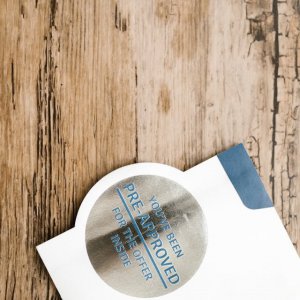Enforcing a County Court Judgment by Obtaining a Third Party Debt Order
Garnishee Order over a debt
This insolvency related article appeared in the November 2010 edition of Business Cornwall magazine and is one of a series on how to more effectively collect money owed to your business – and how information about your customer debtor is power. The article concerns the use of Third Party Debt Orders to collect money due to you.
Let’s assume that you have already obtained a County Court Judgment against one of your customers. After the Judgment was made they have still not paid – What can you do next that is likely to prove effective?
There are several ways in which you can take positive action in order to effectively realise the money owed to your business. This article demonstrates that one collection method needs you to have detailed knowledge of your customer’s customers.
If you are aware of who your debtor’s main customer is, then you will be able to obtain payment directly from your customer’s customer.
Example
Take the following illustrative scenario: You (A) are owed £5,000 by one of your customers (B). In turn B is owed £7,000 by one of his customers (C).
By using a relatively cheap Court process you can have a Court Order made that C must pay £5,000 direct to you. This Court Order (known as a Third Party Debt Order or Garnishee Order) stops C paying B the full £7,000. If the £7,000 had been paid by C to B it is likely to have been caught up in B’s overdraft rather than being paid to you.
In order to implement this process you must obtain a Third Party Debt Order. This type of Order arose was previously known as a "Garnishee order"”. This process is commenced pursued without notifying your debtor B. It catches B off guard, so to speak.
How to obtain a Third Party Debt Order
An application for a Third Party Debt Order can be made after a County Court Judgment has been made. To apply for a third party debt order you must first fill in form N349 which can be downloaded from www.hmcourtsservice.gov.uk.
When the Judge is satisfied with the information provided on form N349 he may make an Interim Third Party Debt Order on Form N84. This form will be sent to you, the creditor (A) and the third party (C) by first class post. It is subsequently sent to your customer debtor (B) seven days afterwards to ensure that the third party C has had time already to ‘freeze’ the money before the your customer debtor B becomes aware of the matter.
It is possible for your customer to dispute the Interim Order, and this must be done within seven days of being served with that Order.
The Interim Order sets out a hearing date and at that hearing the Judge will decide whether or not to make the Third Party Debt Order “final”. Your customer’s customer C is then obliged by law to pay the money over to your business.
More information on this and alternative methods of enforcing County Court Judgments claims can be found on our website at https://www.purnells.co.uk/limited-company/CCJ
We always recommend that you use your own solicitors to pursue third party debt orders.
Chris Parkman BSc (Hons), MIPA, MABRP, ACCA and Licensed Insolvency Practitioner
Purnells Licensed Insolvency Practitioners & Chartered Accountants Offices in Truro & Falmouth.
Tel: 01326 340579
Fax: 01326 340461
E-mail:chris@purnells.co.uk
Web: www.purnells.co.uk
Would you like us to give you a call?
Fill in the form and we'll give you a call as soon as we can to discuss your needs in a free initial consultation with a Licensed Insolvency Practitioner. Alternatively give us a call on 01326 340579 if there is an urgency to your needs.
The information provided will be used solely to contact you and any information you provide will be held in accordance with our firm's privacy policy, and not used for marketing purposes.






